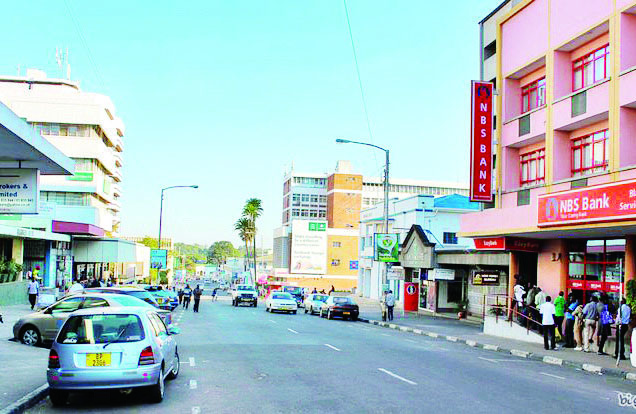
Revitalizing Malawi’s Economy: Expert Insights on Navigating Local Debt Restructuring
Key Business Points
- The Reserve Bank of Malawi (RBM) is restructuring domestic debt to ensure economic and financial stability, which may impact interest rates and borrowing costs for businesses.
- A wider consultation with stakeholders will be conducted to gather input from the business community, which presents an opportunity for entrepreneurs to provide feedback and shape the restructuring process.
- The RBM’s efforts aim to promote economic and financial stability, which is crucial for foreign investment and local economic growth, making it essential for businesses to stay informed and adapt to the changing economic landscape.
The Reserve Bank of Malawi’s decision to restructure domestic debt is a significant development for the country’s business community. As the central bank embarks on this process, it has announced plans to engage in a wider consultation with stakeholders, including businesses, investors, and other interested parties. This move is aimed at ensuring that the restructuring process is transparent, inclusive, and effective in achieving its goals.
The restructuring of domestic debt is a critical step towards promoting economic and financial stability in Malawi. By engaging with stakeholders, the RBM hopes to gather valuable insights and feedback that will inform its decision-making process. This is a crucial opportunity for businesses to provide input and help shape the future of the country’s economy. As Professor Montfort Chirwa, a renowned economist, would say, "Kusintha kwa tsogolo" – planning for the future – is essential for businesses to thrive in a rapidly changing economic environment.
The RBM’s efforts to restructure domestic debt are also expected to have a positive impact on foreign investment in Malawi. A stable and predictable economic environment is essential for attracting foreign investors, who are often wary of countries with high debt levels and unstable economies. By addressing its domestic debt, Malawi can send a positive signal to potential investors, which could lead to increased investment and economic growth.
For local entrepreneurs, the RBM’s move to restructure domestic debt presents both opportunities and challenges. On the one hand, a more stable economic environment could lead to increased access to credit and lower borrowing costs, making it easier for businesses to grow and expand. On the other hand, the restructuring process may involve tough decisions, such as reducing government spending or increasing taxes, which could have a negative impact on businesses in the short term.
As the RBM embarks on this critical process, it is essential for businesses to stay informed and adapt to the changing economic landscape. By doing so, they can mitigate potential risks and capitalize on new opportunities that arise. As the Chichewa proverb goes, "Pang’ono pang’ono ndi wathu" – every challenge is an opportunity – and Malawi’s business community must be prepared to seize the opportunities that arise from the RBM’s efforts to restructure domestic debt.
What are your thoughts on this business development? Share your insights and remember to follow us on Facebook and Twitter for the latest Malawi business news and opportunities. Visit us daily for comprehensive coverage of Malawi’s business landscape.
- Malawi Entrepreneurs: Scale Your SME, Strengthen the Economy - February 10, 2026
- Chichiri Mall’s Retail Shift: Icon Secures Opportunity for Malawi’s Business Growth Post Shoprite - February 10, 2026
- Icon Properties: Shoprite Departure Spurs Opportunity in Malawi’s Evolving Market - February 10, 2026
